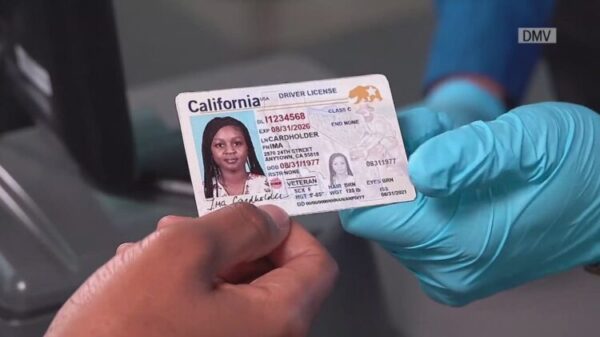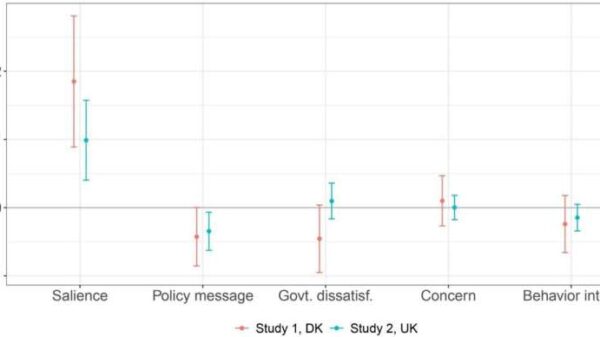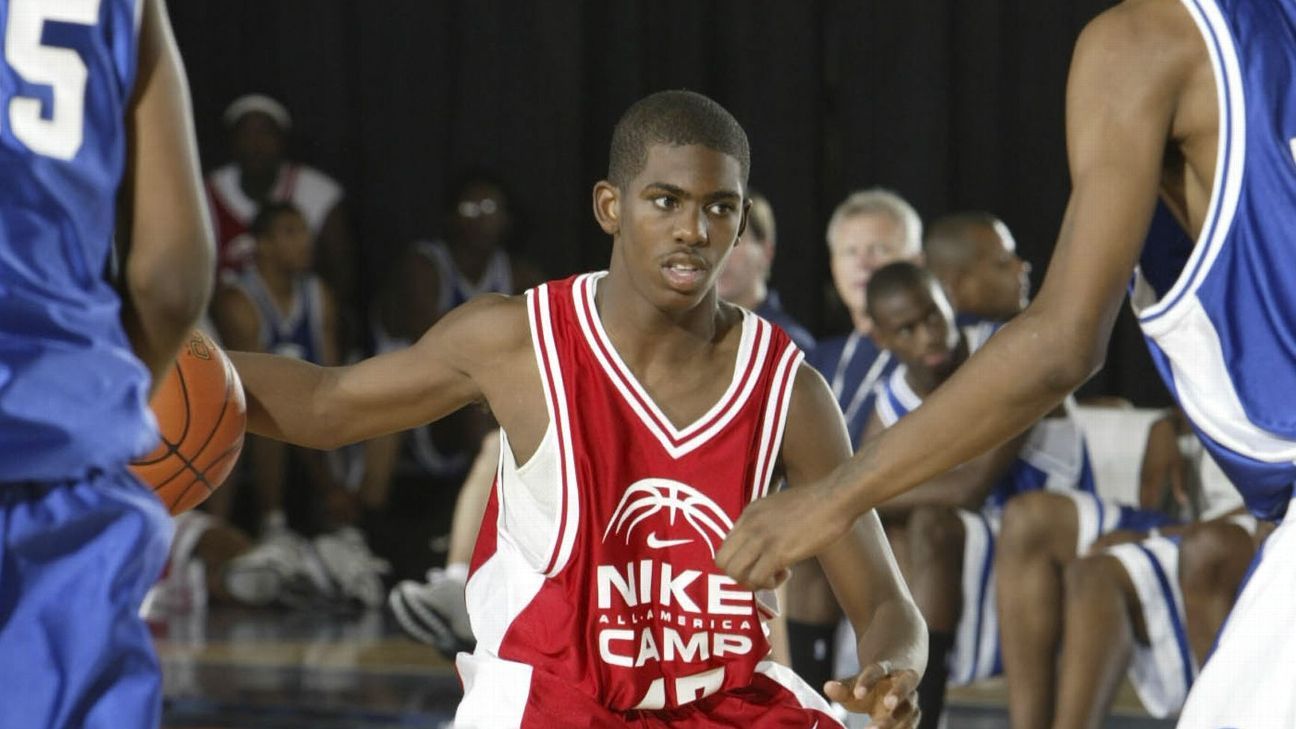UPDATE: In a shocking turn of events, a North Carolina judge has just vacated the convictions of four men in the 2002 death of Chris Paul‘s grandfather, Nathaniel Jones. This urgent decision, made by Superior Court Judge Robert Broadie late last week, has sent ripples through the legal community and raises questions about the integrity of the original trial.
The judge’s ruling follows a January hearing in Forsyth County and cites serious issues, including recanted testimony from a crucial witness, ineffective legal representation, and dubious police tactics. Notably, DNA evidence suggests the defendants were not at the crime scene, undermining their earlier confessions.
Jones, aged 61, tragically died from a heart attack outside his Winston-Salem home after being tied up, beaten, and robbed. The four men—Nathaniel Arnold Cauthen, Rayshawn Denard Banner, Christopher Levon Bryant, and Jermal Matthew Tolliver—were convicted in the mid-2000s, with Cauthen and Banner receiving life sentences for first-degree murder.
In light of this new ruling, the North Carolina Attorney General‘s office, led by spokesperson Nazneen Ahmed, has swiftly requested the state Court of Appeals to pause the enforcement of Broadie’s order while they assess their options. “Without action, Cauthen and Banner will be released back into the community,” the petition warns, emphasizing the urgency of the situation.
The emotional weight of this case is significant. Chris Paul, now a 12-time NBA All-Star playing for the Los Angeles Clippers, was a high school star at the time of his grandfather’s death. The recent developments not only impact the lives of the convicted men but also resonate deeply within the community and the basketball world.
Forsyth County District Attorney Jim O’Neill has strongly criticized Broadie’s decision, particularly the “with prejudice” dismissal, which complicates potential appeals. “I have never seen that happen before in a court of law,” O’Neill stated, highlighting the unprecedented nature of this ruling.
In contrast, Christine Mumma, the attorney representing Cauthen and Banner, defended the judge’s authority to issue such a ruling, asserting that the legislature granted judges the power to dismiss cases with prejudice. “They also wouldn’t have passed statutes recognizing if charges are dismissed with prejudice, there’s no right of appeal,” Mumma emphasized.
This case is developing rapidly, and as legal teams prepare for the next steps, the implications of Judge Broadie’s ruling will be watched closely. With the possibility of appeals and further legal actions looming, this story is far from over.
Stay tuned for updates on this critical situation as more details emerge.



































































